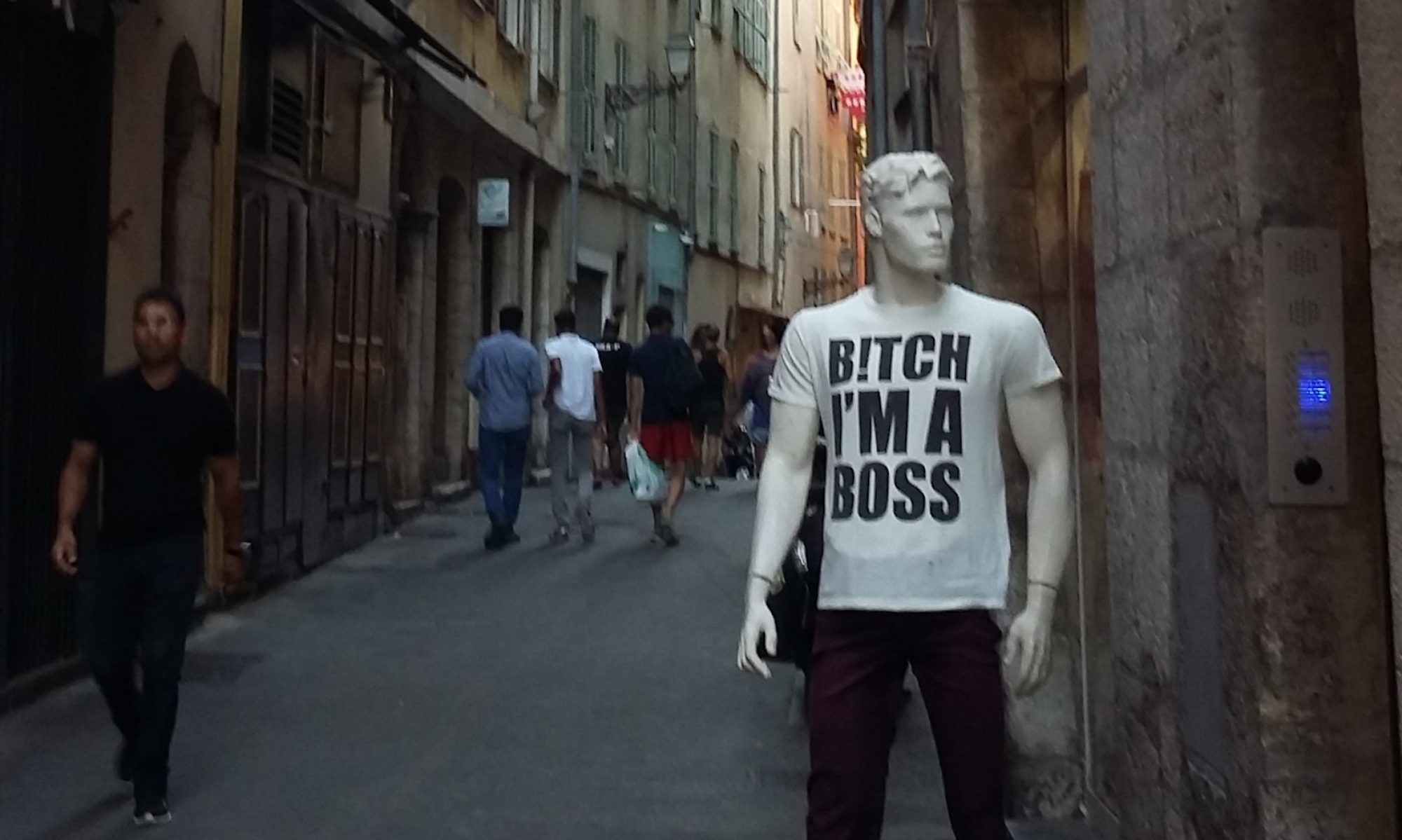By Labiba Abdul
Labiba Abdul commenting on a peers commentary:
I feel that it’s a very interesting perspective on xenophobia, one that I hadn’t really thought of before. Rather than being explicitly racist, this person instead is so concerned with being placed in unfamiliar situations regarding cultural complexities, that they’d rather not be exposed to interculturality. This begs the question: are we approaching the subject of interculturality in the right way? I find it interesting how this person is so frightened to explore other cultures when they (assumingly) live in Finland, which is societally extremely homogeneous. Immigrants, for example, would be the ones worrying about how to approach new cultures and assimilate into a new way of life. Despite being comfortable in their own cultural sphere, anything that threatens this safe space is seen as a threat. We essentially have both sides that are uncomfortable; those assimilating and those meeting the assimilated. One would assume the burden of hospitality lies in the hands of the dominant culture, and yet, the very cycle of intolerance is perpetuated by this slight discomfort.
Epilogue of a commentary on the article “Creating Democracy – A Dialogue with Krzysztof Wodiczko”.
We are witnessing a fascinating change; the oppressed are claiming back the public space, the very space which is built on the blood and suffering of these individuals, the space which was meant to ostracize and segregate them from the victors. Protests, riots, performative activism, these are all artistic mediums which are not only created for the sake of creating art, but for the sake of providing a platform to the unheard; art grants a voice to those who are traditionally censored.
